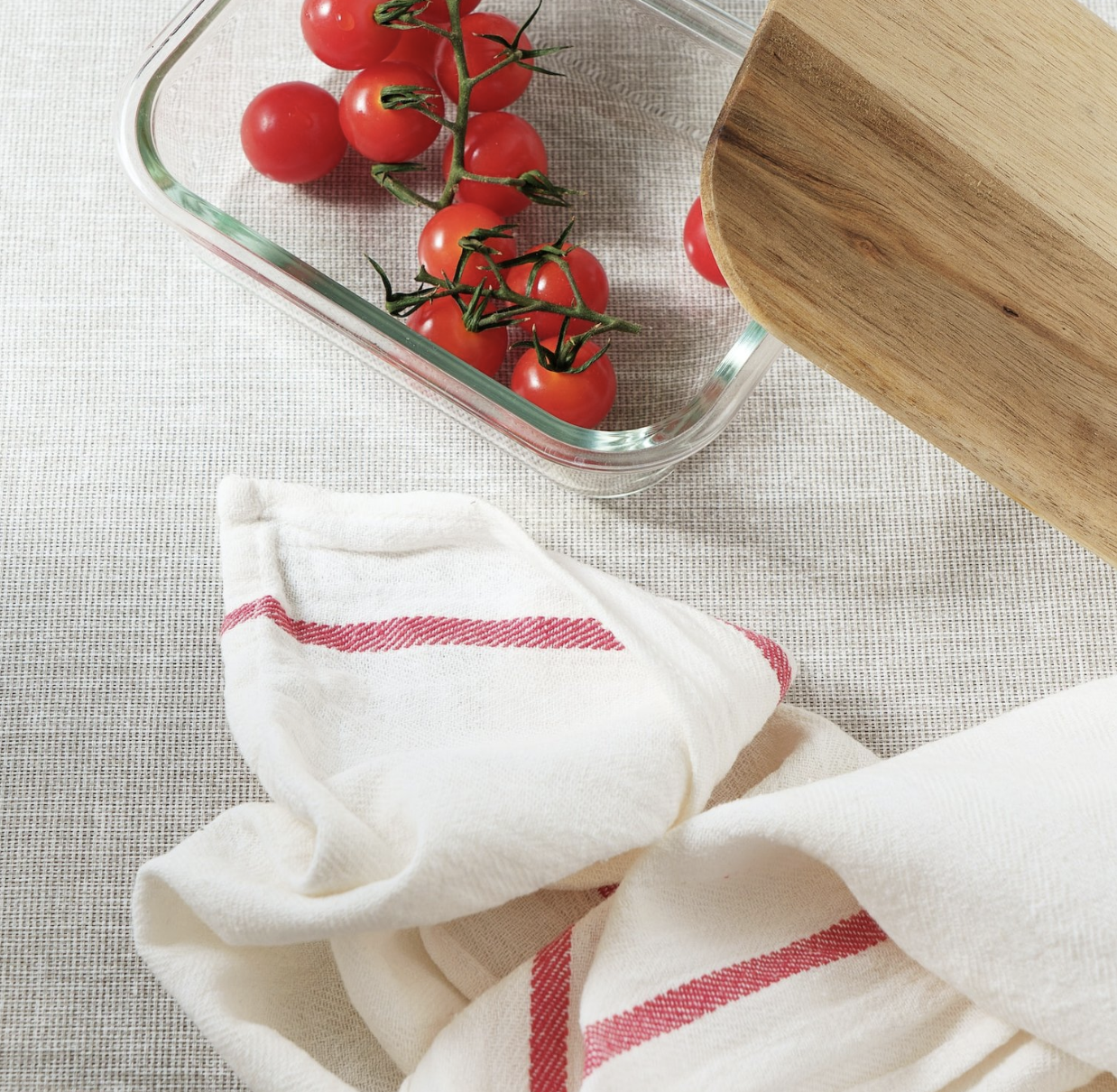Is convenience more important than the planet?
Have you ever thought about the correlation between convenience and the planet?
When you start looking at sustainable options for your lifestyle you begin to notice a trend. The least sustainable option is usually the most convenient. It works for our fast-paced lives where we want a quick fix.
Let me provide a few examples for you.
Paper towels vs towels
Mop vs Swiffer
Single-use plastic water bottles vs refillable bottles
Single-use plastic bags vs cloth bags (both grocery bags and sandwich bags)
Foil vs reusable nonstick cooking sheets
When you look at these options you can see the similarity of a quick fix. All these options are enticing because they are convenient. But convenience requires the use of more materials that end up in the landfill. Let’s break that down even further.
Paper towels vs towels
Paper towels are advertised as a quick, mess-free option for cleaning up spills. Quickly wipe away your spill or dirt and throw it in the trash never thinking about it again. Whereas a towel, you clean it up the same way but then have a dirty towel that needs to be put in the wash.
However, we know that most paper towel companies use virgin fibers requiring trees to be cut down. And although it does require water to wash towels, it requires about 17 trees and more than 20,000 gallons of water to make one ton of paper towels.
Therefore asking the question, what is more, important the trees or your convenience?
Single-use plastic
Whether this is bottles, bags, utensils or any other single-use item. These are easy choice to use in time of need. Many of these items you don’t have to remember to carry with you or pack for the go. But rather use it the second you need it such as a bottle or bag. But plastic requires petroleum to produce and is polluting our landfills, forests, and oceans.
Therefore asking the question, what is more, important our environment or your convenience?
Your lifestyle doesn’t have to connivance or the planet all the time. It’s about choices and timing. Do your best to choose sustainable options for your daily habits but in times of need do what is best. For example, some venues don’t allow you to take a reusable water bottle So the answer isn’t don’t drink water but instead buy a single-use water bottle but minimize this type of behavior. And recognize when you can make a change.






Earth Day is just one day, but your job is every day. Discover how to make your career more sustainable—without doing extra work—with small, powerful changes that make a real difference for the planet.